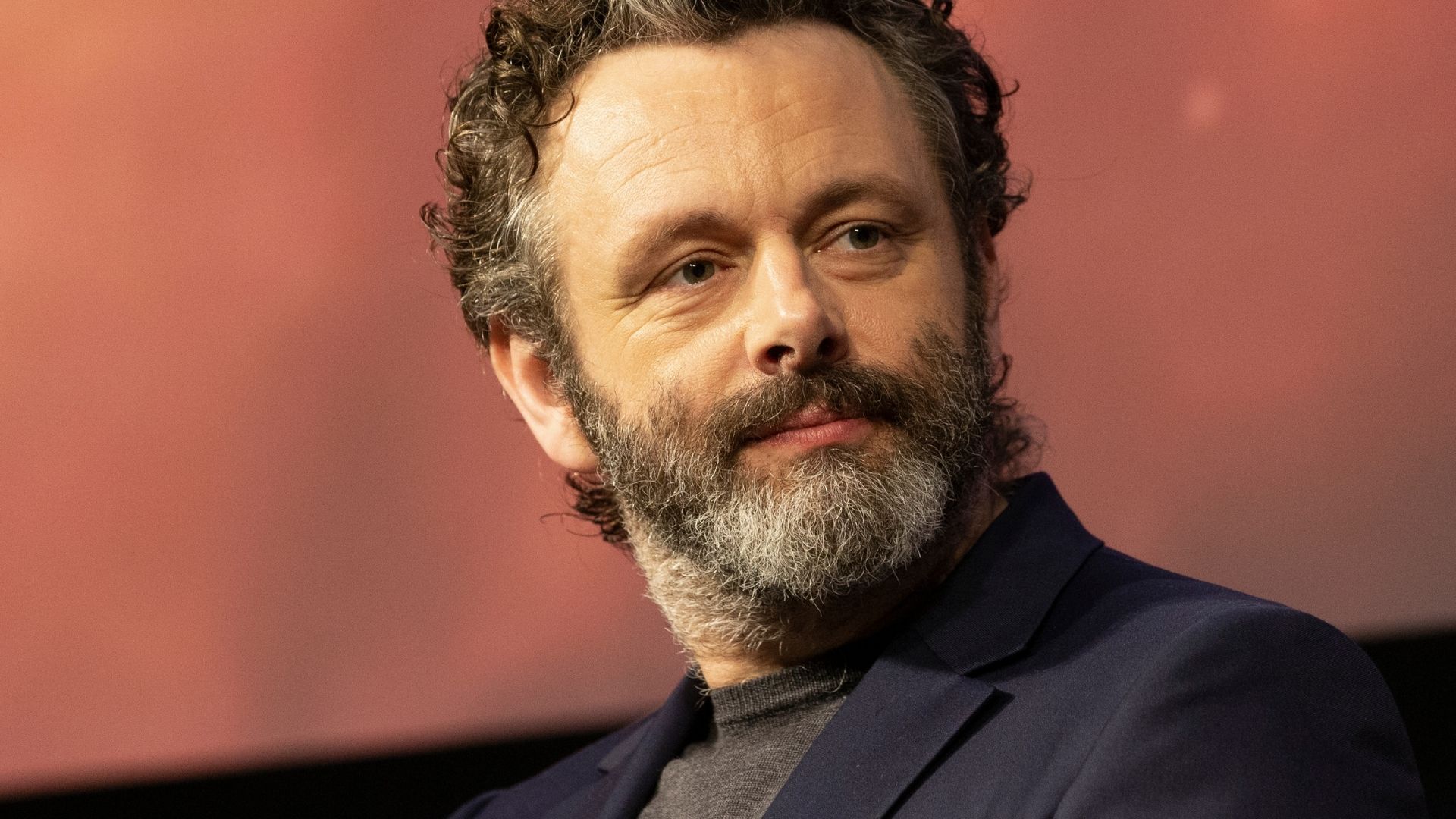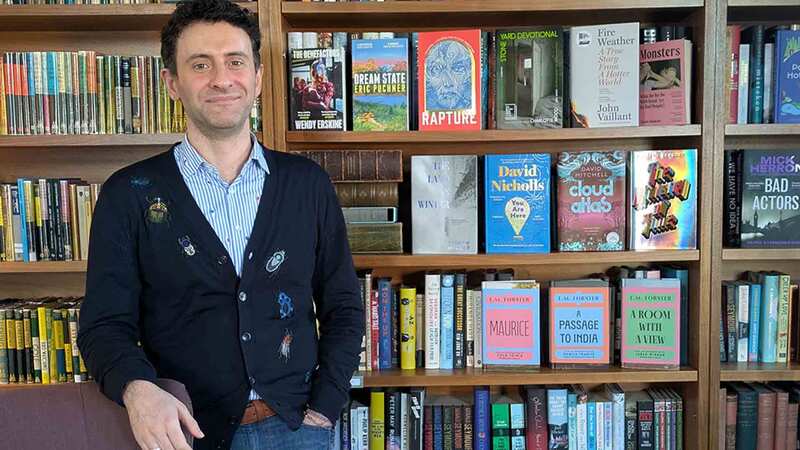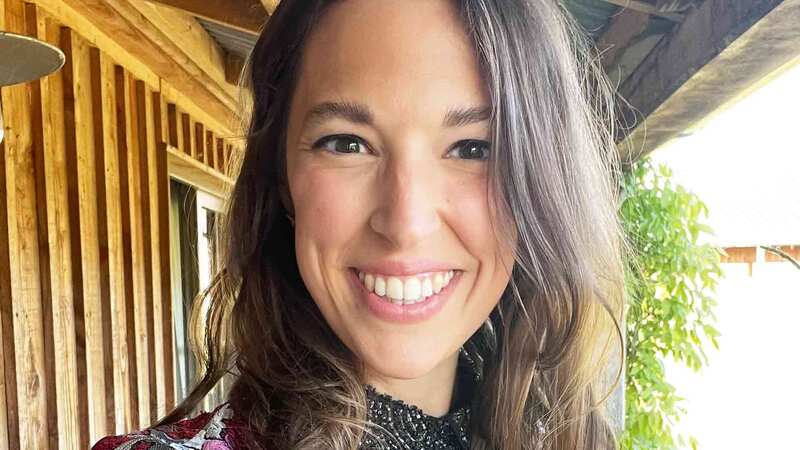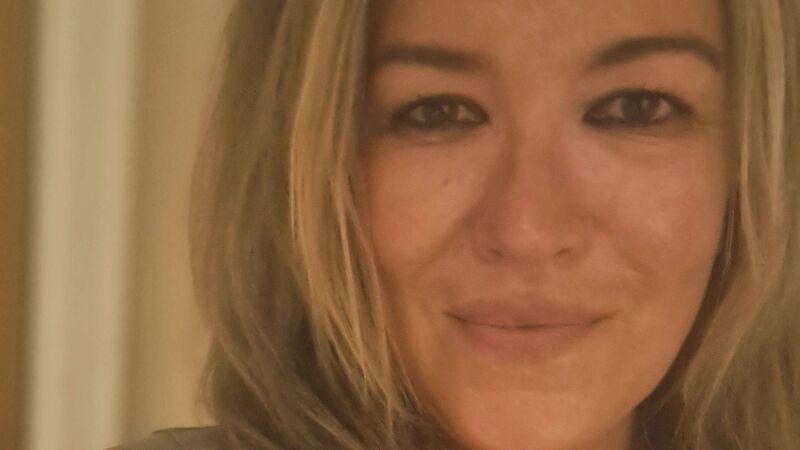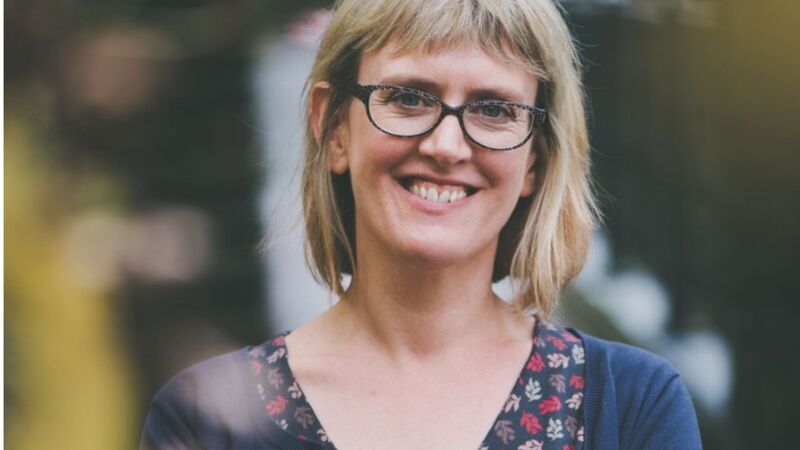You are viewing your 1 free article this month. Login to read more articles.
New Writing North announces the 16 writers selected to take part in A Writing Chance
The 16 writers selected for A Writing Chance, which supports writers from working-class and under-represented backgrounds, have been announced. They will each receive a £2,000 bursary, supported by a grant from the Charlotte Aitken Trust, as part of the programme, which was co-founded in 2021 by Michael Sheen, the Joseph Rowntree Foundation, New Writing North and Northumbria University.
This year’s programme is produced by New Writing North, in partnership with Faber & Faber, the Daily Mirror and Substack, with funding from the Joseph Rowntree Foundation, the Esmée Fairbairn Foundation, Mab Gwalia — Michael Sheen’s charitable fund — and Arts Council England, and with support from audio sponsor Audible. Moreover, the programme is supported by research from the universities of Northumbria and Bath Spa, funded by the Arts and Humanities Research Council (AHRC).
The writers started the year-long programme last week, with a five-day residential writing retreat at Arvon’s writing house, The Hurst in Shropshire. The have each been paired with an industry mentor and one of four pastoral mentors — writers Clare Shaw, Richard Benson, Lynsey Rogers and Katy Massey — whom they will meet regularly over the coming year.
The writers selected for the programme will also become part of a writers’ network, and will learn how the industry works through sessions with Audible, Faber & Faber, the Daily Mirror and Substack. They will also make contacts, and progress their work towards publication.
Zainab Amer, Emma Astra, Shivani Daxini and Sunita Thind have been selected for the Daily Mirror’s programme, and will be mentored by Brian Reade, Siobhan McNally, Kevin Maguire and Ros Wynne-Jones, respectively. Moreover, Jade Cuttle, Karrish Devan, Debora Maité, Mie Murasa, Nosa Novia, Janice Okoh, Micaela Ralph and Bonita Wileman are the writers selected for Faber & Faber’s programme. Devan will be mentored by Jane Feaver, while Cuttle’s mentor will be Laura Hassan, and Maité will by mentored by Hannah Knowles. Fiona Crosby will mentor Murasa, while Novia’s mentor will be Mo Hafeez, and Okoh will be mentored by Sara Helen Binney. Finally, Ralph will be mentored by Angus Cargill, and Wileman’s mentor will be Aisling Brennan.
Damian Kerlin has been selected for the Substack programme, and will be mentored by Farrah Storr, while Hattie Morrison will be mentored by Emma Rowley. Also selected for this programme are Matt Taylor and Sophie Wren, who will be mentored by Jonn Elledge and Claire Venus, respectively.
"A Writing Chance exists not only to enable talented writers to access opportunities that have for too long relied on connections, networks and a financial cushion, but also to find the voices and stories that have been missing from our national conversation," Sheen said. "When we share those stories, we all benefit. The 16 writers selected for the programme all have something to say that we, as a society, need to hear. I can’t wait to read the work they produce.”
Claire Malcolm, chief executive of New Writing North, added: “I’m proud that this programme has brought together a wide range of partners and supporters to make all of this possible. We received more than 1,000 applications to be part of A Writing Chance 2024–25 and are thrilled to be working with the 16 selected writers, whose work is truly exciting and has much to add to our wider discourse. Later this year, we will launch new elements to the programme that will see us working in new ways across the industries to further champion new work and to open out a broader dialogue about class and writing.”
The programme has supported 11 new writers, including Tom Newlands, whose novel Only Here, Only Now was published by Phoenix in April. The programme has been underpinned by academic research led by Professor Katy Shaw at Northumbria University, which highlights the fact that writing careers are disproportionately difficult for people from working-class and lower-income backgrounds.
"This programme has changed the industry for writers and publishers and brought barriers relating to social class into the popular spotlight," Shaw said. "The solution suggestions and policy proposals generated by our research on the programme to date prove the potential of cross-sectoral collaboration and the power of co-creation to tackle the biggest opportunity and challenge of our times — how to achieve inclusive innovation."
Shaw added: "Thanks to funding from the Arts and Humanities Research Council (AHRC) we have now been able to extend the range and reach of the research undertaken on this vital new intervention. We look forward to working with a new cohort of creatives and industry partners to gear A Writing Chance up to the next level."





